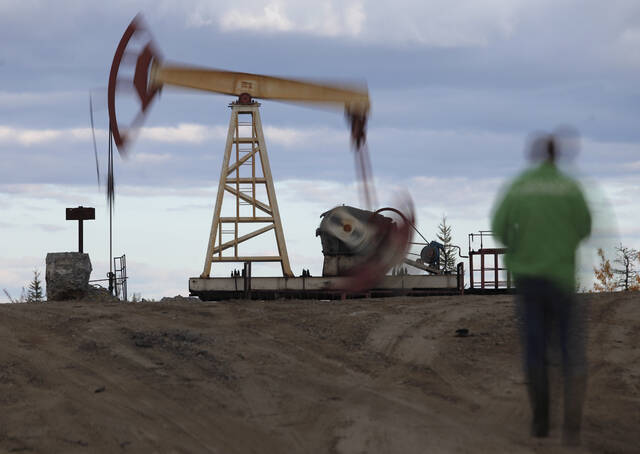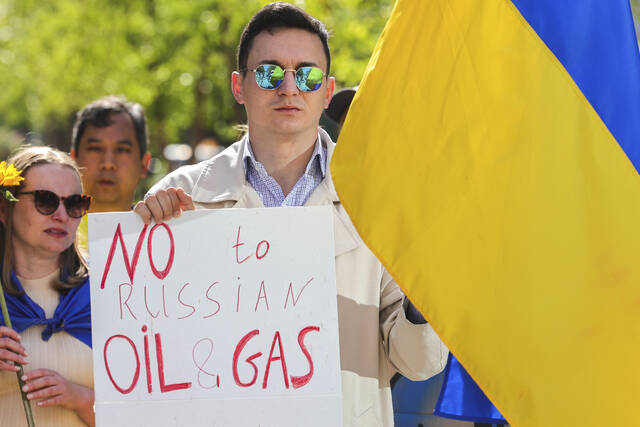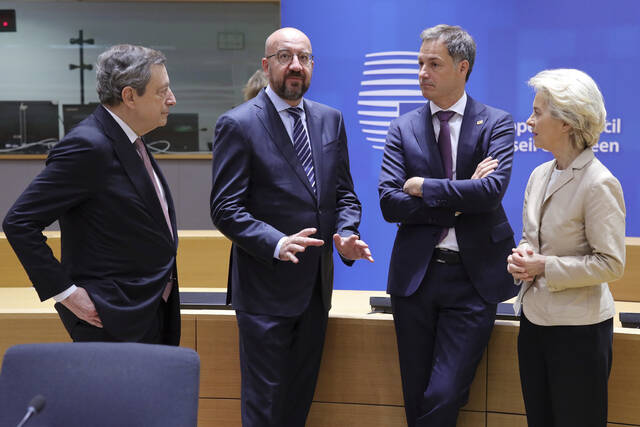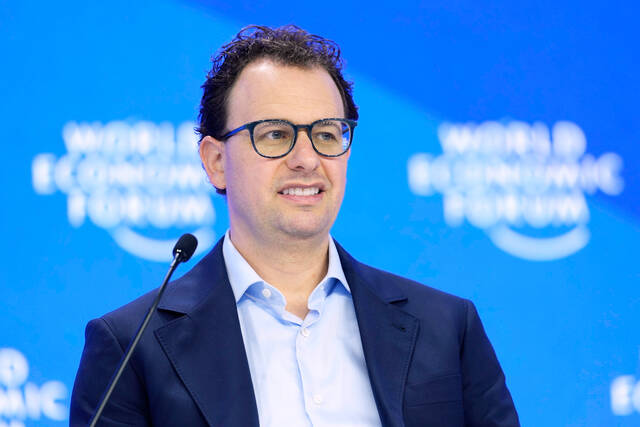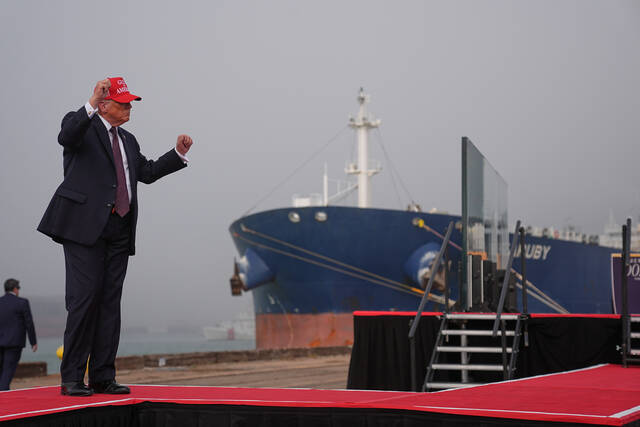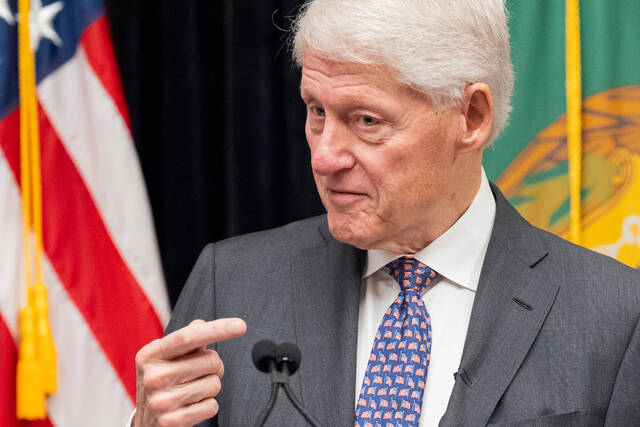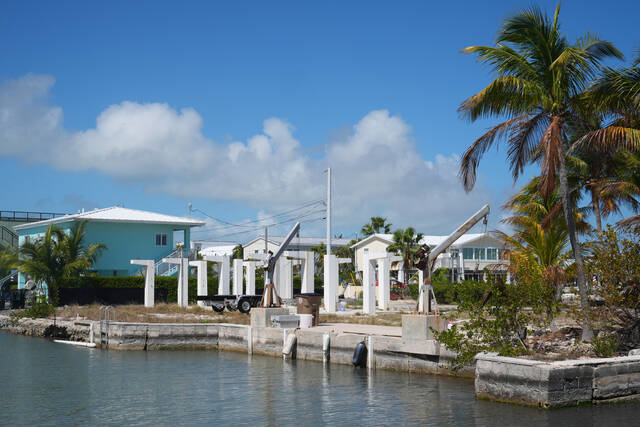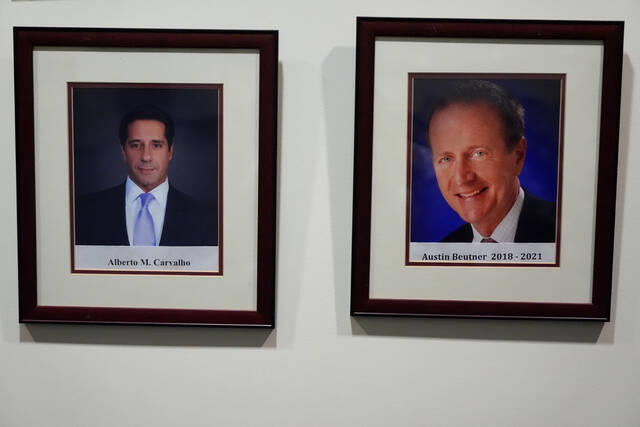BRUSSELS — In the most significant effort yet to punish Russia for its war in Ukraine, the European Union agreed to ban the overwhelming majority of Russian oil imports after tense negotiations that exposed the cracks in European unity.
From the moment Russia invaded on Feb. 24, the West has sought to hit Moscow’s lucrative energy sector to cut off funding for its war. But any such move is a double-edged sword, especially in Europe, which relies on the country for 25% of its oil and 40% of its natural gas. European countries that are even more heavily dependent on Russia have been especially reluctant to act.
In a move unthinkable just months ago, EU leaders agreed late Monday to cut around 90% of all Russian oil imports over the next six months.
Belgian Prime Minister Alexander De Croo called the embargo a “big step forward” and Irish Prime Minister Micheal Martin hailed it as “a watershed moment.” But both leaders cautioned that Europe would need time to adjust to the impact — and any further bans on Russian energy would come slowly.
The deputy head of Russia’s Security Council said Tuesday that energy sanctions against the country were intended to hurt ordinary Russians by making it harder for Moscow to fund social programs.
“They hate us all! The basis for these decisions is hatred for Russia, for Russians and for all its inhabitants,” Dmitry Medvedev, who is also a former president and prime minister, wrote on the Telegram messaging app.
Mikhail Ulyanov, Russia’s permanent representative to international organizations in Vienna, appeared to shrug the move off, though, saying Moscow would find other buyers.
Russia has also not shied away from withholding its energy supplies, despite the economic damage it could suffer as a result. Russian energy giant Gazprom said it cut natural gas supplies to Dutch trader GasTerra on Tuesday. It’s already turned the taps off to Bulgaria, Poland and Finland, and is considering doing the same to Denmark.
GasTerra said the move comes after it refused Gazprom’s “one-sided payment requirements.” That’s a reference to Russian President Vladimir Putin’s demand that European nations pay for gas in rubles — an arrangement others have also refused. GasTerra said homes would not be hit as it had bought gas elsewhere in anticipation of a shutoff.
Talks at EU headquarters in Brussels were set Tuesday to focus on ways to end the trading bloc’s dependence on Russian energy, by diversifying supplies and speeding up the transition to renewable sources and away, as much as possible given soaring energy costs, from fossil fuels.
Leaders are also expected to discuss how to help Ukraine export millions of tons of grain trapped inside the country as a global food crisis grows.
EU leaders plan to call on Russia to halt its attacks on transport infrastructure in Ukraine and lift its blockade of Black Sea ports so that food can be shipped. Ukrainian President Volodymyr Zelenskyy has said Russia has prevented the export of 22 million tons of grain, much of it meant for people across the Middle East and Africa. He accused Moscow of “deliberately creating this problem.”


